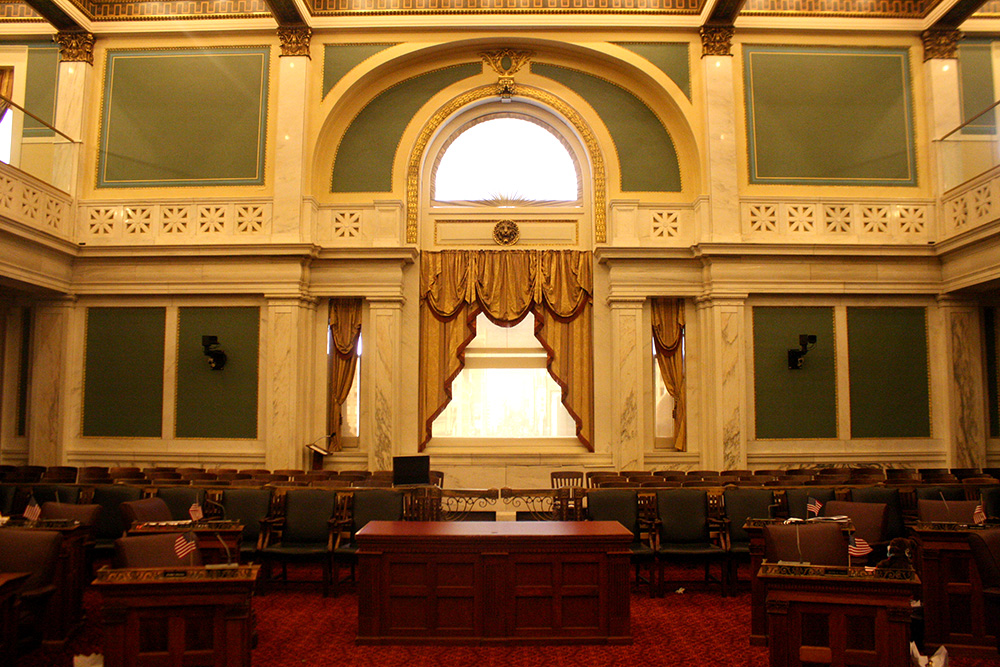O’Neill amends commercial corridor zoning bill

City Council voted to amend a bill introduced last fall by Councilman Brian O’Neill that would change how some uses are restricted in neighborhood commercial corridors. O’Neill said that the latest version represents a consensus between his office and the City Planning Commission, which had objected to several provisions in earlier versions of the bill. He expects to bring the bill for a final vote next week.
The bill will amend the zoning code’s use tables for CMX-2 and CMX-2.5 zoning districts. Group Living, Transit stations, Animal Services, Structured Parking, and Moving and Storage Facilities will all require a greater degree of zoning relief than they currently do under the terms of the zoning code enacted last August. O’Neill’s original bill would have restricted urban agriculture uses as well, but community farming advocates protested and the Councilman dropped the provision.
The bill also splits the Animal Services category into facilities that “provide for the treatment, care, maintenance, or keeping of animals,” and another category that O’Neill wanted to restrict in his initial bill, which includes shelters, kennels, crematories, and taxidermy services.
Initially, the bill contained a set of changes to the dimensional regulations for CMX-2 and CMX-2.5 districts. Those changes were amended Thursday morning as well. The current bill allows a maximum of two dwelling units in lots less than 1,440 square feet, a maximum of three units for lots between 1,440 and 1,919 square feet, and, for lots greater than 1,919 square feet, dwelling units must be at least 480 square feet. It also requires a non-residential use on the ground-floor of all CMX-2 districts.
O’Neill said that through the negotiations, he, other members of Council, and the Administration had come to a better understanding of the issues involved, and that the bill represents an improvement on the zoning code.
“I think, on balance, the CMX-2 and the CMX-2.5 [districts] are a lot better right now between development and community concerns in all the categories that were changed, modified. And it was a good partnership,” O’Neill said.
He added, “I was not expecting it to be everything like the old code, it was just going to be reasoned out.”
Councilwoman María Quiñones-Sánchez, who had been fairly staunch in her opposition to provisions or earlier versions of O’Neill’s bill, said it has been amended to a point that she is now willing to support it. Sanchez said she thought some of the uses restricted by the bill should remain by-right uses, but that she understands O’Neill’s and others’ desire for extra review.
Alan Greenberger, Deputy Mayor for Economic Development and chair of the Planning Commission, said that the Administration had indeed agreed to all the provisions of the amended version of the bill. While the Commission wouldn’t have made the changes on its own, Greenberger said, he had come to see O’Neill’s point of view on several of them. And he shared a quote that he said he’d recently heard at a memorial service for former City Councilwoman Happy Fernandez.
“It’s not about the purity of your principles,” Greenberger said. “It’s about the integrity of your compromises.”
Contact the reporter at jbrey@planphilly.com and follow him on Twitter @jaredbrey
WHYY is your source for fact-based, in-depth journalism and information. As a nonprofit organization, we rely on financial support from readers like you. Please give today.




